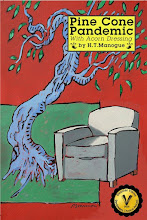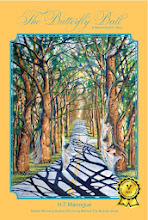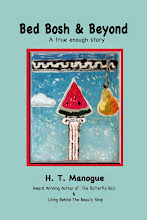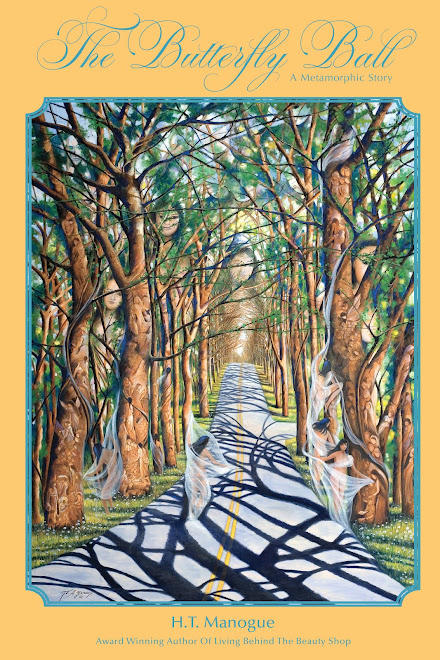Blessed be you, impenetrable matter: You who, interposed between our minds and the world of essences, cause us to languish with the desire to pierce through the seamless veil of phenomena.
Blessed be you, mortal matter: you who one day will undergo the process of dissolution within us and will thereby take us forcibly into the very heart of that which exists.
Pierre Teilhard De Chardin, the Jesuit priest and French philosopher, was trained as a geologist and a paleontologist. He conceived the idea of the Omega Point, and developed the concept of the Noosphere. His book The Phenomenon of Man is an incredible account of the unfolding of the cosmos. He abandoned the interpretation of creation in the Book of Genesis, and that put him at odds with the church. Most of his work was not published during his lifetime because the church condemned most of his opinions.
Pierre believed that God is pulling all creation towards him. He believed that evolution occurs in a directional, goal driven way. Evolution unfolds from cell to organism; planet to solar system; and solar system to the whole universe. Teilhard also believed the more complex the matter, the more conscious it is. Complex consciousness arranges itself into more complicated structures in order to achieve unification.
We may not believe what this philosopher believed, or we may tweak his belief in one way or another. The fact is we experience different realities when we open the back door of our conscious mind and allow our unconscious mind to express the uniqueness of what exists within it. We try to explain what we sense when that door is open, but the act of sensing changes the nature of what we are sensing. Sensing the very heart of that which exists is the act of knowing the self in all its splendor.
.








